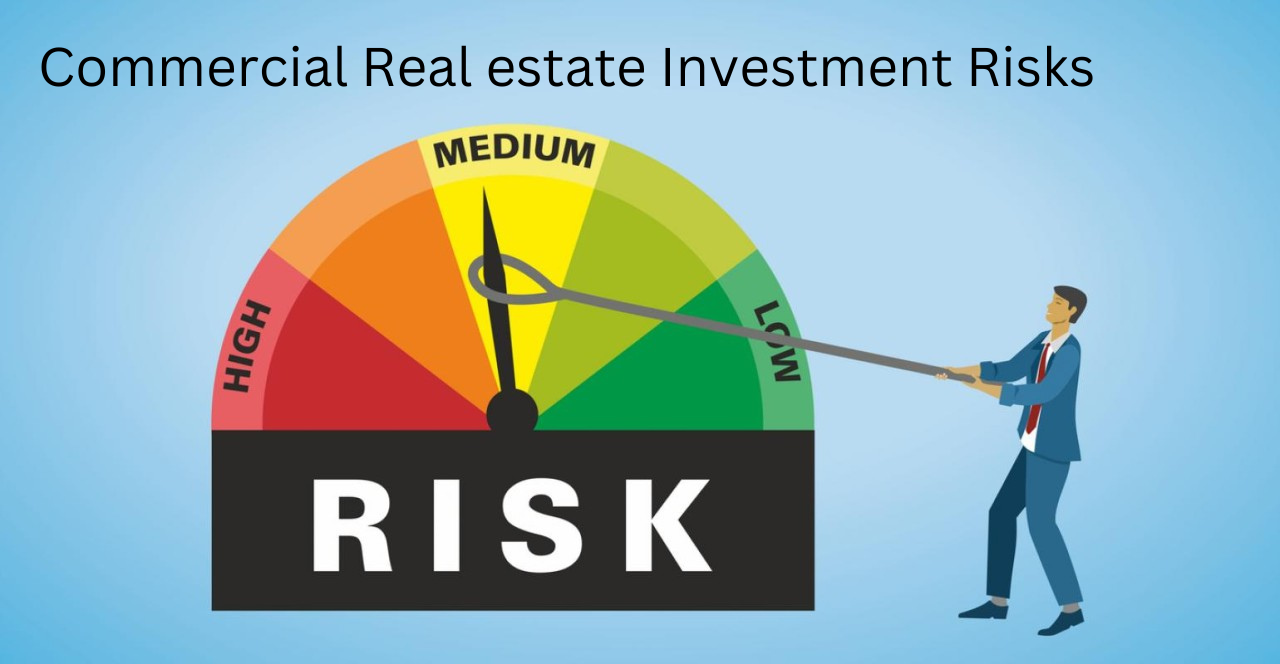The Risk Factor in Investment Properties: Analyzing the Pros and Cons
Investing in real estate has long been considered a solid way to build wealth and diversify one’s portfolio. However, like any investment, it’s not without its risks. Before diving into the world of investment properties, it’s crucial to understand the potential pitfalls and rewards. In this article, we’ll explore the risks associated with investment properties and offer insights to help you make informed decisions. How risky are investment properties?
The Pros of Investment Properties
Before we delve into the risks, let’s first take a look at the advantages that make investment properties an attractive option for many investors.
1. Potential for Steady Cash Flow
One of the primary benefits of investment properties is the potential for steady rental income. As a property owner, you can generate a consistent cash flow by leasing your property to tenants. This income can help cover mortgage payments, maintenance costs, and provide you with a profit.
2. Appreciation Over Time
Real estate historically tends to appreciate in value over the long term. This means that your investment property may increase in worth over time, allowing you to build equity and potentially sell it for a profit in the future.

How risky are investment properties?
3. Portfolio Diversification
Investment properties offer an opportunity to diversify your investment portfolio. Real estate often performs differently from other assets like stocks and bonds, which can help reduce your overall risk.
4. Tax Benefits
Real estate investors can take advantage of various tax benefits, such as deductions for mortgage interest, property taxes, and depreciation. These tax advantages can enhance the profitability of your investment.
The Cons of Investment Properties
Now, let’s examine the potential risks associated with investment properties.
1. Market Volatility
Real estate markets can be subject to fluctuations, just like the stock market. Economic factors, local conditions, and housing demand can affect property values. This means that the value of your investment property may decrease, potentially leading to financial losses.
2. Vacancy and Cash Flow Issues
While rental income can be a significant advantage, it’s not guaranteed. Your property may experience periods of vacancy, where you have no tenants, resulting in a lack of cash flow. Vacancy issues can lead to financial strain if you’re not prepared.
3. Property Maintenance and Repairs
Owning an investment property means taking on the responsibility of maintenance and repairs. These costs can be unpredictable and may eat into your rental income. Failing to address maintenance issues promptly can lead to tenant dissatisfaction and a decrease in property value.
4. Property Management Challenges
Managing an investment property can be time-consuming and challenging. If you’re not experienced or don’t have the time to handle property management, you may need to hire a property management company, which can reduce your overall profits.
5. Financing Risks
Investment properties often require mortgage financing, and interest rates can fluctuate. Rising interest rates can increase your borrowing costs and affect the profitability of your investment.
6. Legal and Liability Issues
Investment property owners may face legal and liability issues, such as disputes with tenants, property code violations, or the need to evict tenants. Dealing with legal matters can be costly and time-consuming.

Minimizing Risks in Investment Properties
While investment properties come with inherent risks, there are strategies to minimize these challenges:
1. Research and Due Diligence
Thoroughly research the real estate market in your chosen area. Understand the local economy, housing demand, and potential for property appreciation. Conduct due diligence before purchasing any property.
2. Build a Cash Reserve
Maintain a cash reserve to cover unexpected expenses, such as repairs, vacancies, or legal costs. This will help you weather financial storms without jeopardizing your investment.
3. Professional Property Management
Consider hiring a professional property management company to handle the day-to-day responsibilities. This can alleviate the burden of property management and ensure your property is well-maintained.
4. Diversify Your Portfolio
Diversification is a key strategy in risk management. Consider spreading your investments across different property types and locations to reduce risk exposure.
5. Stay Informed about Market Conditions
Regularly monitor the real estate market and stay informed about economic trends that may impact property values. Being proactive allows you to make timely decisions. For CBD taxation see this.
Conclusion
Investment properties offer numerous advantages, including potential cash flow, appreciation, portfolio diversification, and tax benefits. However, they also come with risks, such as market volatility, vacancy issues, maintenance costs, and legal challenges. To succeed in the world of investment properties, it’s essential to be well-informed, proactive, and prepared to manage and mitigate these risks. With the right approach and risk management strategies, investment properties can be a valuable addition to your investment portfolio.

